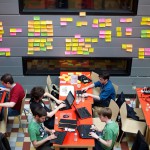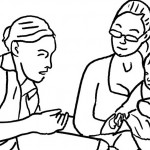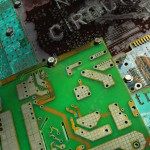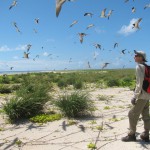
Can teams themselves learn? Beyond individualism in interprofessional learning
When we are on a good team, we know it. Whether in music, sports, research collaborations or workplaces, there is a mutual learning and synergy that exceeds the sum of the individual parts. Most of the literature on interprofessional teams, however, still assumes that learning occurs only within individuals; assessments typically measure the attitudes, knowledge or competencies ‘acquired’ by individuals… Read more →










